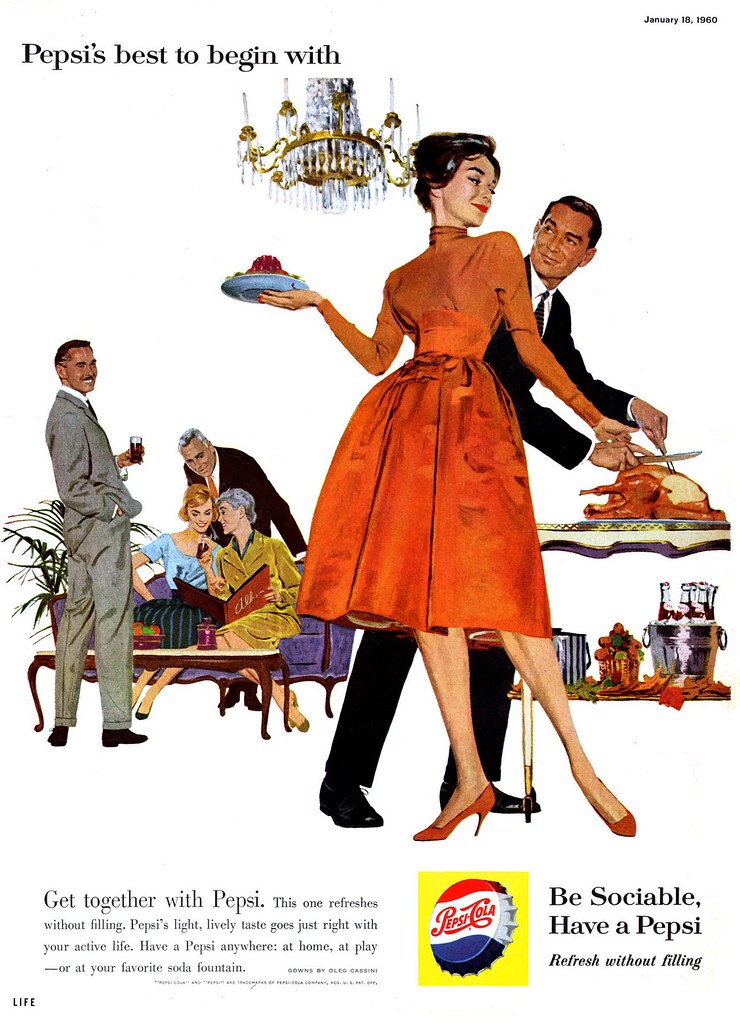- Messages
- 13,693
- Location
- down south

Here's a pic of some houses in a "company town" west of Birmingham as they appear today. Some trees have grown in, but as you can see - not exactly sought after real estate. Odds are good that these are section 8 (govt. subsidized) housing now, and the residents are hard working and/or living people, scarcely better off than the "golden" era inhabitants. At least what little money they earn these days is legitimate tender, and they can shop anywhere they can afford to.
Sent from my SGH-T959V using Tapatalk 2



